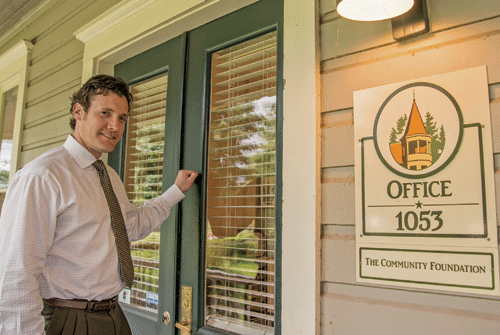Rather than recreate the wheel, Vancouver and Portland business leaders are using other cities to help their cities grow.
Vancouver Mayor Tim Leavitt and dozens of other leaders from the region recently flew out to Cleveland, Ohio, for a trip organized by Greater Portland Inc., a private/public regional economic development organization.
“We were all blown away at what a wonderful job they’re doing there (in Cleveland),” said Alisa Pyszka, economic development division manager for the city of Vancouver.
Despite a history of environmental setbacks, struggles with manufacturing jobs and problems keeping 20-somethings in the region, Cleveland is now on the rise. According to the Cleveland Business Journal, more than two million people are working in the Northeastern Ohio region right now. In the first three months of 2012, the area had increased employment by 9,000 jobs.
“[Cleveland] is really pushing innovation and attracting a lot of companies,” said Pyszka.
During the trip, local leaders learned how Cleveland is holding social events in other metro areas to lure young professionals and leaders back to the city. At the same time, officials are cleaning up waterways and improving transportation to make jobs and businesses there more assessable.
Leavitt said the greatest takeaway for him was how Ohio nonprofits are working with their city to advance economic development, through an organization called “Global Cleveland.”
Sean Robbins, president & CEO of Greater Portland Inc., agreed.
“They (Cleveland’s foundation community) have aligned much of their funding to support collaborative regional economic development initiatives to spur job creation, which in the end affects many of the social and community problems that they have been trying to address for decades,” he said.
Cleveland’s Bus Rapid Transit (BRT) system was also of particular interest to Vancouver, according to Pyszka, as the city looks for C-Tran’s support for a similar line later this month.
There are still parts of Vancouver’s BRT plan to work out but the majority of the Vancouver City Council has shown support for the proposal. The line would primarily run down Fourth Plain Boulevard from downtown, through Clark College and to the mall – though the end of the line is still part of the debate, according to Pyszka, as groups weigh the cost against expected ridership.
“It (BRT) will enhance the community, enhance the streetscape, put in the basic infrastructure so the business community can thrive,” said Pyszka. “We’re excited about the opportunity to help the community.”
The trip to Cleveland was sponsored by Key Bank, Port of Portland and Oregon Health and Sciences University. Pyszka said those who went developed an understanding of how to collaborate as a region and perform better.




